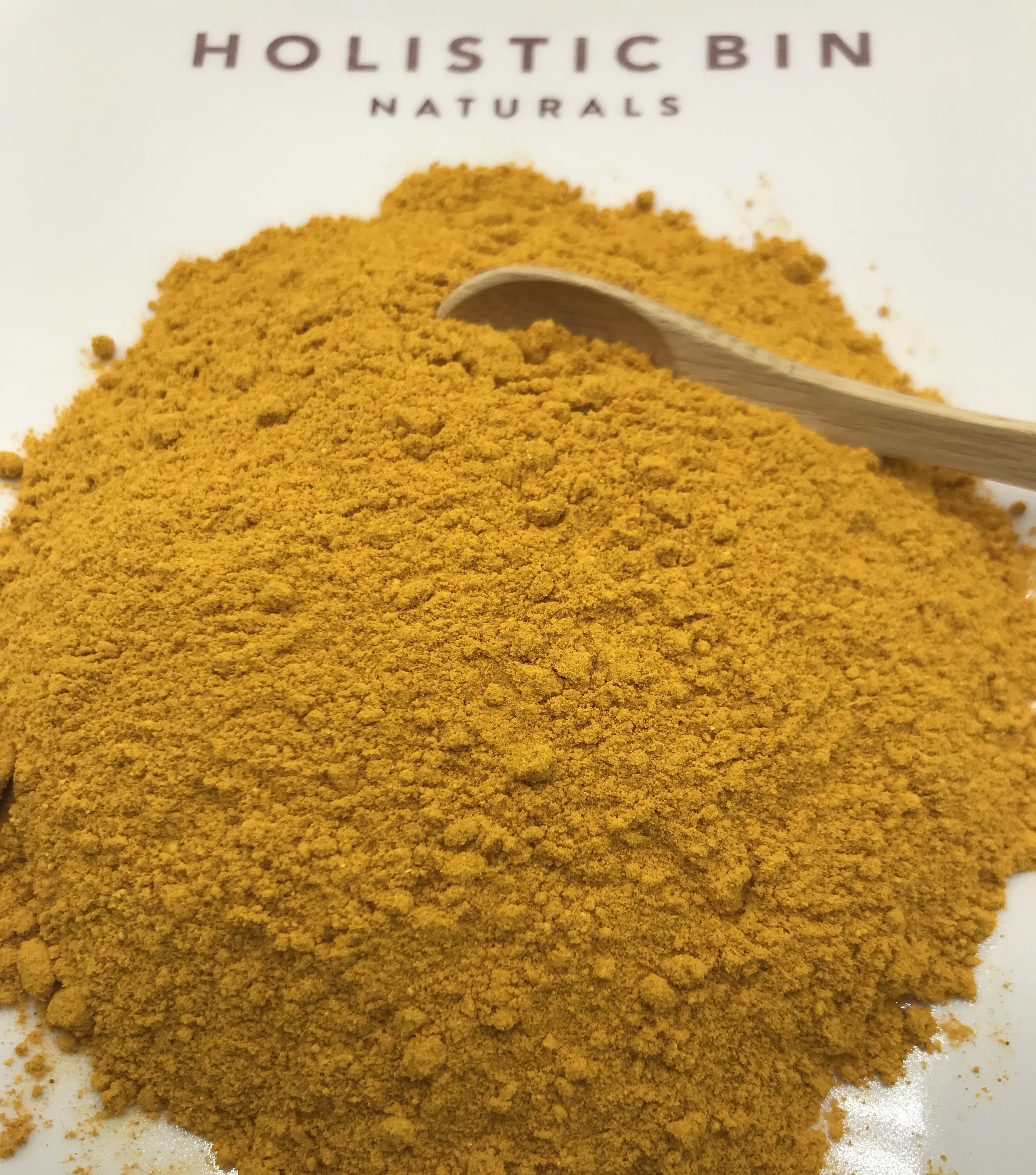Is Fermented Food and Supplements the Future?
Foods that are naturally fermented are getting all sorts of attention from the medical community. Experts believe that fermented food and supplements are good for the trillions of bacteria living inside the gut of human beings, aid the digestive health of an individual, and have better bioavailability.
Researchers are beginning to understand the importance of fermented food and have started to link them with everything from obesity to neurodegenerative disease prevention. Dr. David Ludwig of the Harvard School of Public Health has authenticated the use of fermented food. He has found that fermentation gives the body a dose of probiotics that can enhance digestive health.
While the research that has been published is incredibly positive, we have only just hit the tip of the iceberg when it comes to the uses and even the potential benefits of fermented food and supplements.

To further illustrate just how important fermentation is for food and supplements, let’s dive a little deeper into what fermentation is, the process, the benefits, and even what may be in store for the future.
What is Fermentation?
Fermentation is a process in which food and beverages undergo a controlled growth of microbes. In other words, fermentation is an anaerobic process in which yeast and bacteria act on food particles to break them down into smaller parts like acids, alcohol, and gases. The process of fermentation is what renders fermented products a distinct taste and aroma.
What are the Benefits of Utilizing a Fermentation Process?
Trillions of bacteria inhabit our stomach and assist us in our digestive processes. Here are some of the benefits that are associated with consuming fermented food.
1. Improved Absorption
You can’t benefit from what you don’t absorb, which is why the absorption of the food and supplements you consume is incredibly important. Fermented food and supplements are better absorbed and utilized by the body due to the fact that the fermentation process helps “pre-digest” the nutrients, which allows them to be more bioavailable. The more bioavailable a certain food or supplement is, the easier the body can absorb and utilize it.
2. Digestive Assistance
Fermented products supply good bacteria and enzymes that help in the breakdown of the food we consume. This takes place by improving gut flora health and increasing the health of the microbiome. In addition, fermentation releases other important byproducts that are beneficial for our bodies.
3. As a Resistance Against Harmful Bacteria
Due to our exposure to the outside world, we put ourselves in a position where we are vulnerable to the attack of pathogens that can enter the body and do hard (causing sickness or even disease). However, we do not fall prey to these disease-causing agents because they are fended off by the good bacteria that can be increased and released through the consumption of fermented foods.
Related Article: Building Health with Canine Fermented Farm Superfoods
Furthermore, they compete with the harmful bacteria to inhibit our intestinal lining and lower the pH level of the stomach to kill off bad bacteria that could be potentially harmful. They also release proteins that can kill bad bacteria.
4. Regulates Blood Sugar
Studies show that fermented products like yogurt can keep the blood sugar levels of an individual in control. It can also lower the risk of metabolic syndromes and the threat of Type 2 diabetes. Yogurt that is rich in probiotics will have a better impact on a body trying to fight diabetes. Multiple strains of bacteria in foods may keep cholesterol and blood pressure regulated as well.
5. Enhances Cardiac Health
Research conducted in countries like Sweden and Finland has found that people consuming low-fat fermented food (less than 3.5%) have lower risks associated with cardiac health than those consuming other forms of food and high-fat fermented food.

How Does Fermentation Preserve Food?
Fermentation is one of the oldest ways of preserving food. According to the Food and Agricultural Organization reports, fermented food has been consumed as far back as 7,000 years ago in Babylon.
Good bacteria prevent the deterioration of food by limiting the growth and activities of harmful bacteria. Some microorganisms also achieve the same by reducing the pH of the food that would have otherwise been infested by harmful microorganisms by thriving in an acidic environment.
Related Article: Can Kimchi Improve Health and Weight Loss?
This process can be further thwarted by other methods of preserving, like heating, freezing. This kills the good bacteria present in the fermented food, and immediately the deteriorating effects of the harmful bacteria kick in. To begin the process, a starter culture is administered to the food. This can either be done with a small portion of the previous batch of fermented products or with a commercially available mixture.
The Health Benefits of Various Fermented Food Options
Many people are not aware of the benefits of fermented food and supplements. Those who are into holistic health and natural food products and supplements are probably the majority of the population where fermented food and supplements are on their radar.
Probiotics have taken up the responsibility of regulating various aspects of our health, and the following foods will help us understand better how fermentation impacts our body.
1. Kefir
Kefir is a product created when milk reacts with yeast and bacteria. The result is a citrous curd-like product that treats inflammation issues and enhances bone health. Also, the bacteria and yeast react with the milk to break down lactose. This is why people with lactose intolerance can consume kefir.
2. Tempeh
Tempeh is made from fermented soybeans and is a high-protein substitute for meat. Besides, tempeh has a nutrient-rich reservoir that can aid various bodily functions. Soy protein, in general, acts as a resistance against heart diseases. Additionally, the plant-based components of tempeh are effective and powerful antioxidants.
3. Kombucha
Kombucha is a tea that is known for its fizz and flavor. It can be made of green or black tea and is known to ward off issues like the toxicity of the liver and may even prevent the growth of cancer cells.
4. Miso
Miso is an oriental food, native to the land of Japan. It is a seasoning that uses soy as a compound along with salt and a fungus named Koji. Miso soup is consumed as a breakfast item in Japan. A Journal of National Cancer Institute report found that Japanese women who consume miso soup are less prone to the risks of breast cancer.
Are There Advantages to Fermenting Supplements?
The rationale behind using supplements is to provide a nutrient-backing to an already existent diet or to fortify particular nutritional needs. Here are the advantages of fermenting supplements:
- Utilizing fermented supplements enhances the bioavailability of the supplement being consumed.
- Fermented supplements are better absorbed by the body. According to the British Nutrition Foundation findings, fermentation increases the bioavailability of nutrients such as iron.
- Free radicals and excessive oxidation can have degenerative effects on our bodies. Using fermented supplements demonstrated the suppression of oxidative tendencies.
- Gut bacteria are supposed to send signals to the brain when our body craves something. This is why when someone consumes sugar, our body craves more of it. Administering good bacteria can alter the nature of these signals, and this, in turn, helps us in keeping our calorie intake in check.
What Supplements Can Be Fermented?
There is a whole line of fermented supplements available today, with the majority of the products oriented towards multivitamins and various minerals. Plant-based products like turmeric, maca, and mushrooms are also consumed as fermented supplements and possess unbelievable health benefits.
When looking at what supplements can be fermented, it leaves the door open for innovation in the supplement market. Clearly, there are already many supplements on the market that are fermented and sell extremely well. Other supplements such as vitamin C, iron, copper, and many others can also be fermented and consumed. The fermentation of brown rice protein can make it the closest competitor to a whey protein isolate (one of the highest quality protein supplement sources available).
The Future of Fermenting Food and Supplements
More and more people get sick with each passing year. People are worried about their health, and with sickness and disease on the rise, health-conscious individuals are looking for a better way to boost their immune system and are finding fermented food and supplements to be one such way.
If following the trends, probiotics and prebiotic sales are increasing — both from fermented food as well as supplements. Improving gut health and the microbiome has become increasingly important as the research continues to roll in.
While fermentation was initially seen as a preventive measure against food going bad, science has enabled the conversion of many food items and supplements into a fermented and highly beneficial form.
If we can focus on the fermentation and application to farm fruits and vegetables, not only can we improve the overall quality of the products, but also have less waste and spoilage.
Looking at the supplement side of things, fermenting key nutrients is the future. People want to buy the highest quality products on the market that will help improve their overall health. Fermentation is the vehicle in accomplishing that. Botanical supplements can also benefit by fermenting them, rather than leaving them either raw or concentrated extraction. Think along the lines of fermented black maca powder and fermented Tongkat Ali powder.
Those who can capitalize on the fermentation market will not only help millions of people but can change the industry and quality of the food and supplements we consume. Think of the coffee brand that goes after the Starbucks demographic with a fermented green coffee bean that is then roasted to perfection.
Thinking a little outside the box, fermented food and supplements can even filter into other industries such as pet food and health supplements.

The Fermentation Process Matters
It’s great that we can use science and various processes to make food and supplements better, more potent, and allow them to possess a longer shelf-life through a multivariate approach to fermentation. However, not all fermentation techniques will achieve the pH quality that Holistic Bin can achieve.
High-quality pH fermentation balance is achieved through high-grade water and base ingredients, a unique filtration system, and a variation in temperature(s) with storage vessels that are best able to host live/raw cultures. The method is Lacto-fermentation (naturally occurring Lactobacillus cultures) in a wet brine. In this brine, the inputs and pH balance are crucial and why Holistic Bin is on the cutting edge of fermented food and supplements.
Holistic Bin is changing the way we see fermented food and supplements. Head over to their website to see all the various products they have available.


*Disclosure: This article may contain affiliate links or ads, which means we earn a small commission at no extra cost to you if you make a purchase through these links. These commissions help support the operation and maintenance of our website, allowing us to continue producing free valuable content. Your support is genuinely appreciated, whether you choose to use our links or not. Thank you for being a part of our community and enjoying our content.
PLEASE CONSIDER SHARING THIS ON YOUR SOCIAL MEDIA TO HELP OTHERS LEARN MORE ABOUT THIS TOPIC. SIMPLY CLICK BELOW!

